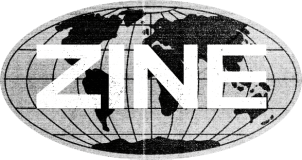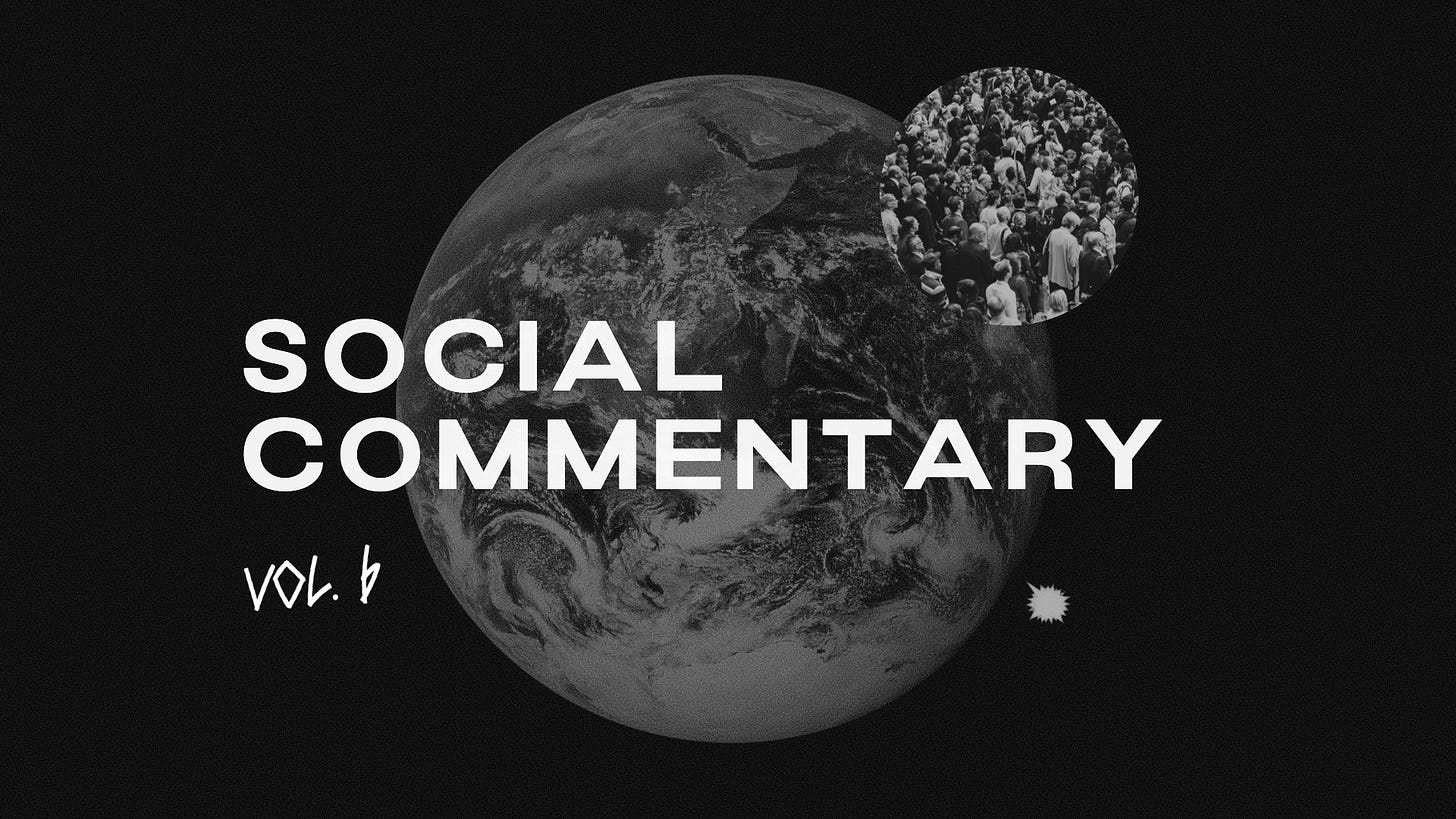SOCIAL_Commentary_Vol.6
Critical meme analyses
SOCIAL_Commentary is a reading of our memes — theorizing what they say about the zeitgeist — an expression of collective truths.
More: All Volumes
Thinking aloud here...
Digital footprints speak to the trails we leave behind us as we navigate across the internet. What valuable personal information do you leave behind — consciously or not — for others to find?
Digital footprints are almost always perceived as valuable trails left behind us, whether 1. on purpose (ex. personal brands), or 2. accidentally (ex. password leaks).
But there’s another less discussed aspect of our digital footprints: The content or data left behind which does not have value.
Worthless, intentional content can be considered spam, clickbait or AI slop.
But what about the unintentionally worthless? I think of this quadrant as: Content Pollution. Crap left behind we’re not even aware we’re leaving behind because of how unimportant it is.
The I Love You, Man Facebook profile pic is completely harmless, but it’s the micro-plastic of our content environment.
We’re creating digital tire graveyards. Grimy, sludgy, smoggy pits and trails of mindless shit all across the internet.
According to various sources, as of 2023, roughly every. single. minute. there are +4,000 Yelp reviews published, +231,000,000 emails sent, +350,000 tweets posted, and +66,000 Instagram uploads added to our shared online ecosystem. I have no interest in judging the quality of this material, but it’s not all valuable... even to those who share it. Therefore an inquiry:
When we consider the exponential production of content and data, how much of that do we actually care about?
I don’t think we think enough about this question.
Why pollution may actually matter:
Our online activity has very real, environmental consequences. The cloud isn’t a cloud. It’s a physical data warehouse, sucking up our very real natural resources and energy.
When we consider our future of AI, how much of our training material has nutritional value? As we begin to increasingly rely upon AI’s outputs, I think we’ll become more mindful of its inputs — including our pollution...
We are suffering from both an illness of (in)attention, and misleading (or blatantly false) information. The struggle to sift for valuable, reliable info gets harder amidst more noise, decreasing shared faith and increasing (already limited) cognitive burdens. Ughh thinking.
Increased exposure to pollution requires individuals, publications and businesses to fight (even) harder for attention, ultimately relying upon inflammatory or outrage-inducing tactics to further stand out. Meanwhile, content moderation (both humans and algorithms) get strained harder to surface “the valuable.”
Litter begets more litter. A normalization of pollution sets an expectation. With the cost of creation and broadcast driven to zero, our systems encourage quantity over quality, reaction over intentionality, and speaking over listening. Nothing good comes of this.
...Or maybe this pollution is absolutely nothing. A mild haze. Keep slappin' da bass.
In gaming, “Easter eggs” are purposeful winks to the audience — hidden, secret rewards and references for the most passionate or attentive.
What’s more special than a purposeful Easter egg, is the ”accidental Easter egg.”
Glitches, typos, gaffes, oversights, and mistakes are symbolic smudged fingerprints of humanity. Blemishes. Failings. Errors.
We. love. them.
Why?
We’re reminded of the human.
And remembering the human feels good.
In fact, spotting foibles feels so good that there’s an entire community dedicated to this phenomenon. r/OneJob (as in “You only had one job to do and you f’d it up”) is dedicated to celebrating (and chastising) the pitfalls of our humanity. r/OneJob has had +14,000,000 engagements this past year and is in the Top 1% of 100,000 Reddit communities.
Imperfection is human.
And it’s worth remembering this appreciation amidst optimizing for its elimination.
“Defictionalization” speaks to the blurring between fictitious entertainment and very real, physical, interactive artifacts or spaces.
Disney World and Universal Studios are the epitomes of defictionalization.
But what’s more interesting than bringing to life Moe’s Tavern from The Simpsons, is interacting with IP that is not childish, animated or fantastical.
Being able to stay in the French chalet where they shot The Anatomy of a Fall, the Palme d'Or and Oscar winning murder-mystery legal drama, is a signal worthy of paying attention to.
Defictionalization knows no bounds.
There’s a deep, deep desire to make the fictitious real.
To be clear: I’m not saying people want to stay in this house to re-enact their own murder-mystery legal dramas (although, I’m sure those individuals do exist), but rather, the ability to escape reality, pretend, and blur the lines between mass-entertainment and personal experiences is incredibly attractive.






